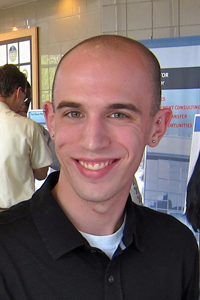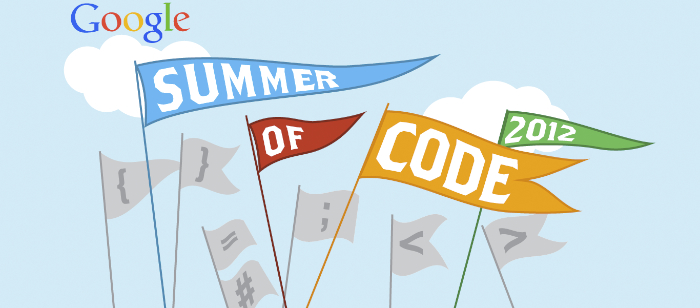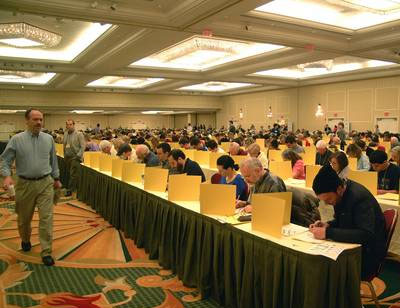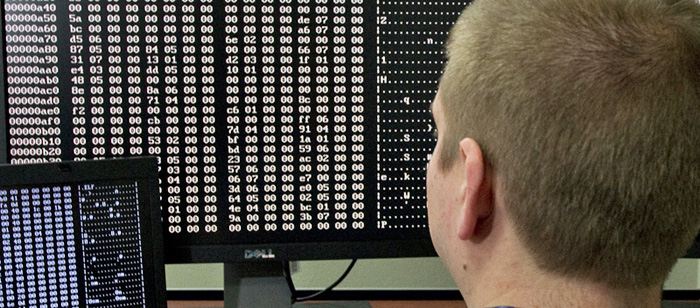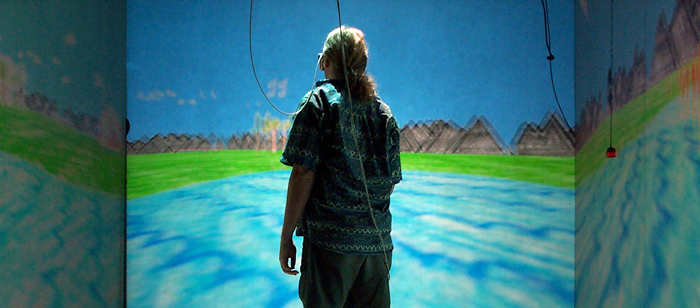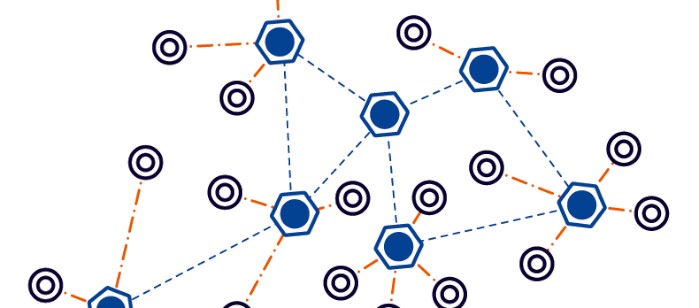 Dr. Rheingans has been the Director of UMBC’s Center for Women in Technology (CWIT) since the summer of 2009. Since then, she has mentored over a hundred students within the CWIT and SITE scholarship programs.
Dr. Rheingans has been the Director of UMBC’s Center for Women in Technology (CWIT) since the summer of 2009. Since then, she has mentored over a hundred students within the CWIT and SITE scholarship programs.
Congratulations to Dr. Penny Rheingans, the recipient of one of this year’s University System of Maryland (USM) Regents’ Faculty Awards for Mentoring.
Awarded to no more than four USM professors each year, the USM Regents’ Faculty Award for Mentoring is regarded as the highest honor that the Board gives out to recognize outstanding faculty achievement. Mentoring is one of the five award categories, which includes Teaching, Scholarship, Research, or creative activity, Public Service, and Innovation.
“I feel humbled by being honored this way,” says Dr. Rheingans. “Most of the things I'm being honored for are the result of the inspiration and hard work of a whole team of people. I could not have done nearly so much without them.”
Each year, nominees for the mentoring award are chosen who have not only fulfilled their university-sanctioned obligations, but have “clearly exceed[ed] ordinary expectations,” says the USM website. Mentoring nominees are recognized for their influence in areas like developing their students’ careers, aiding with retention and graduation rates, and improving post-baccalaureate progression and employment rates. After being nominated by the Regents’ Faculty Awards Committee, nominees are ultimately chosen by the Board of Regents.
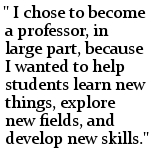 Dr. Rheingans’ most notable mentoring contributions have been her work as the Director of UMBC’s Center for Women in Technology (CWIT). In 2008, troubled by the obstacles facing women in the field and the fact that they made up a mere 10% of Computer Science majors at UMBC, Dr. Rheingans accepted an invitation to become Interim Director of CWIT. The position was a good fit, and in the summer of 2009, she became Director.
Dr. Rheingans’ most notable mentoring contributions have been her work as the Director of UMBC’s Center for Women in Technology (CWIT). In 2008, troubled by the obstacles facing women in the field and the fact that they made up a mere 10% of Computer Science majors at UMBC, Dr. Rheingans accepted an invitation to become Interim Director of CWIT. The position was a good fit, and in the summer of 2009, she became Director.
“My core goal has been to make the College of Engineering and Information Technology (COEIT) a more welcoming place for a broad array of students, in particular for women and those who support them,” wrote Dr. Rheingans in an essay to the award’s Institutional Faculty Nominating Committee (IFNC) that details her mentoring contributions. “My role as CWIT Director is to continue to inspire ripples of positive change, reaching well beyond my personal grasp.”
As Director, Dr. Rheingans has helped scholars succeed by serving as a personal mentor and maintaining an infrastructure for student support. She will soon take on a similar role with the Transfer-Scholarships in Information Technology and Engineering program (T-SITE). Debuting next Fall, the T-SITE scholarship program targets transfer students majoring in technology fields.
“I chose to become a professor, in large part, because I wanted to help students learn new things, explore new fields, and develop new skills,” says Rheingans, who has been teaching in some capacity since high school. Teaching was something that always interested Rheingans, who came to UMBC in 1998 as an assistant professor.
“Mentoring just seemed like a natural extension of teaching,” says Rheingans. “A good teacher inspires individual interactions beyond the classroom — that's the heart of mentoring.”
Dr. Rheingans will be recognized for this honor at UMBC’s Annual Faculty and Staff Awards Ceremony on April 4.
